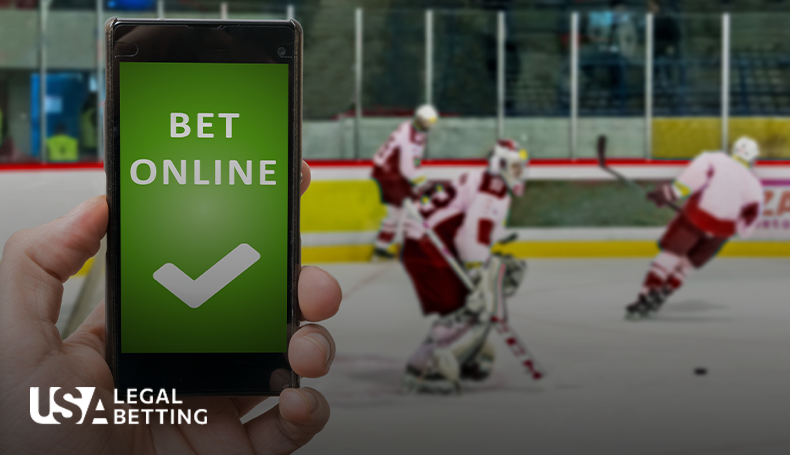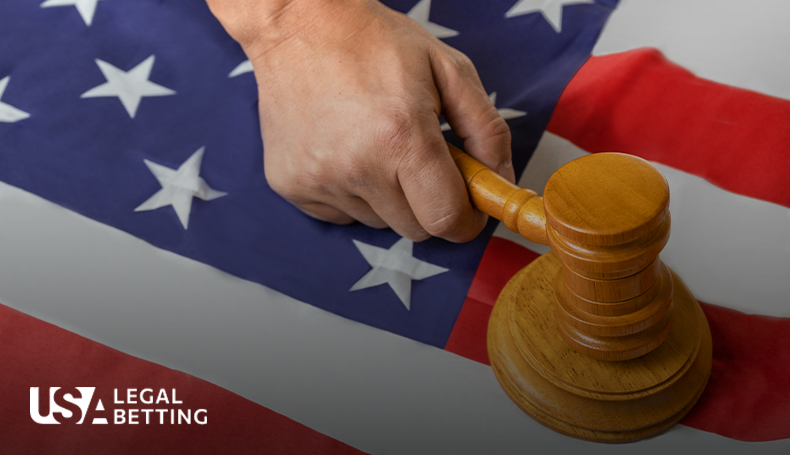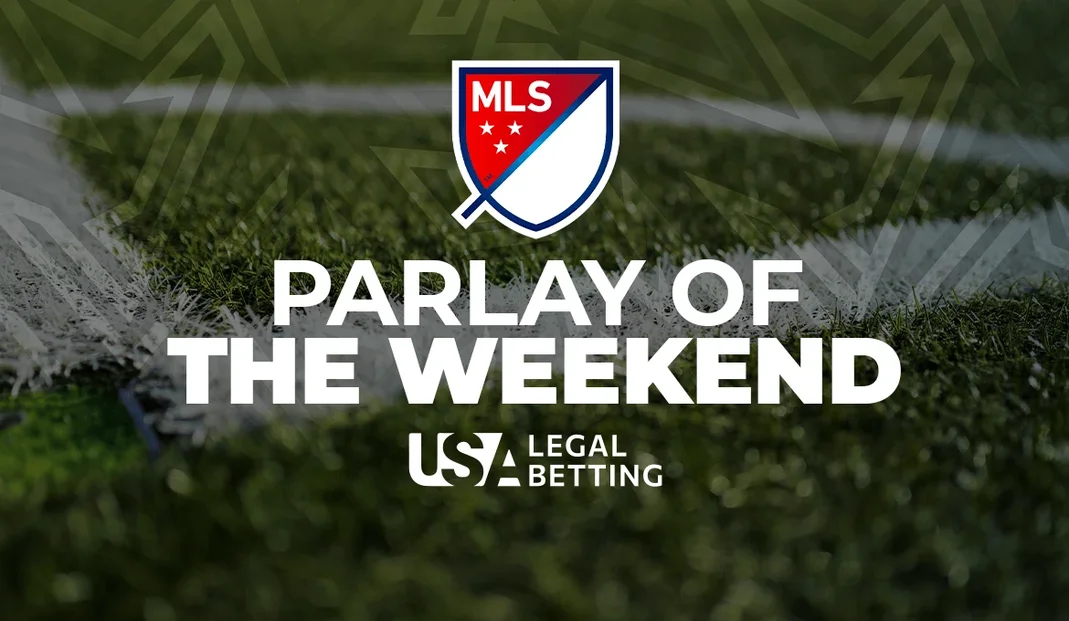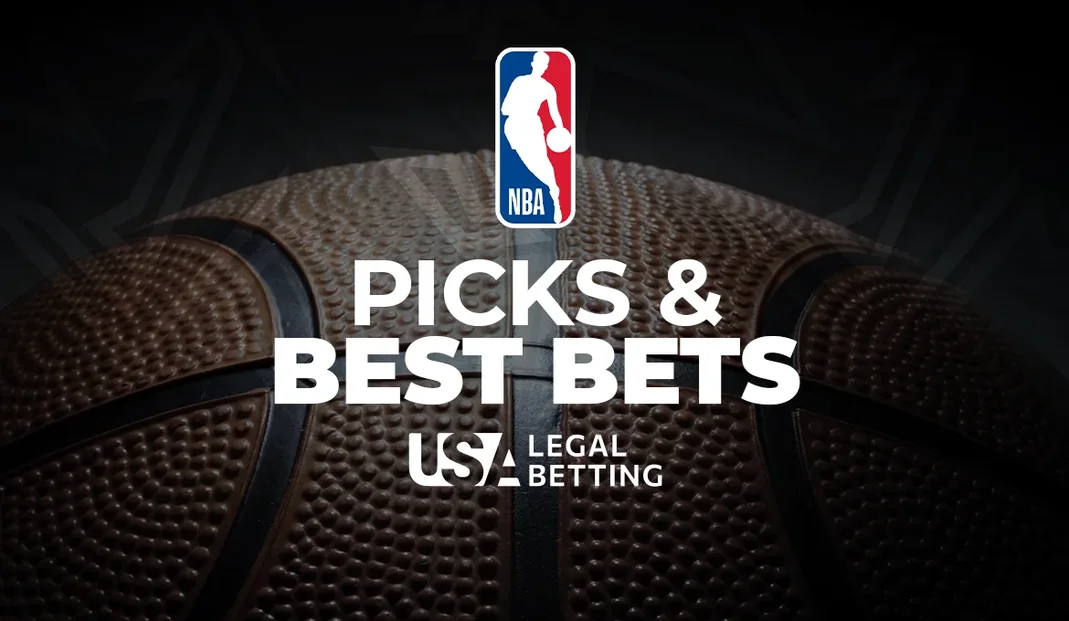Following the Friday launch, Vermont (which has legalized but not launched its sports betting market) is the only state as far south as South Carolina that does not accept sports bets.
MGCU executive director Milt Champion said last year that Maine expects to receive $3.8-6 million annually in tax revenue generated from sports betting.
The Tribes will receive at least 50% of mobile sports betting revenue, and the state will impose a 10% tax rate. Sportsbook partners such as Caesars and DraftKings will receive 30-40% of the available revenue.
The Tribes do not own any rights to retail sports betting, which is authorized at seven locations, including two casinos in Bangor and Oxford. But despite the Friday launch, several locations won’t be ready to accept any sports bets.
The national sports betting boom has led to Americans placing more than $220 billion in wagers during the first five years of operation. Although Maine is sparsely populated and does not have the same infrastructure as other states, the local market launch is still expected to provide a strong economic drive.
Maine bettors must be 21 or older and located within state lines to place bets with legal sportsbooks.
This is one of the busiest times of the year for operators since most major sports are all in session. On Monday, there was a “sports equinox”—a day in which the NFL, NBA, NHL, and MLB were all in session on the same day—occurred for only the 30th time in history.










